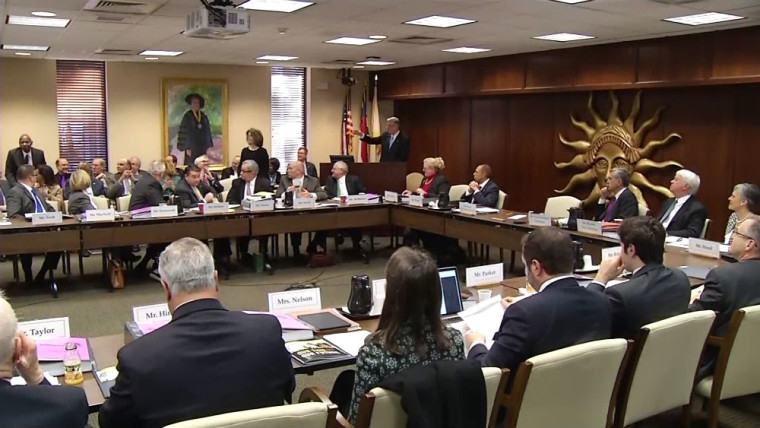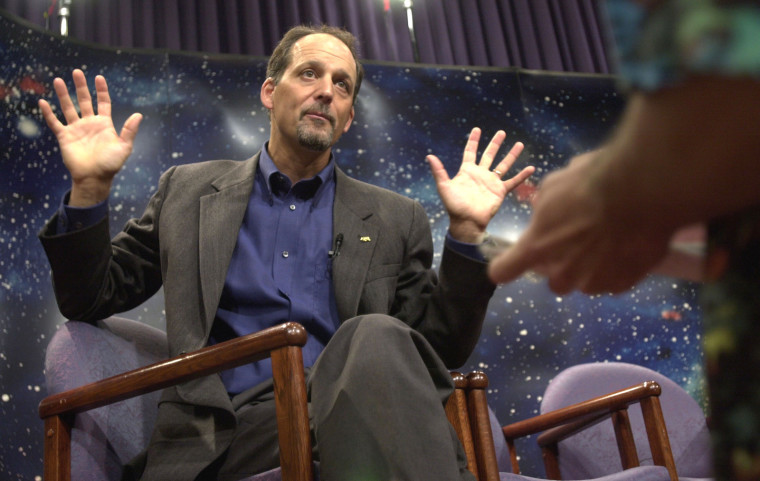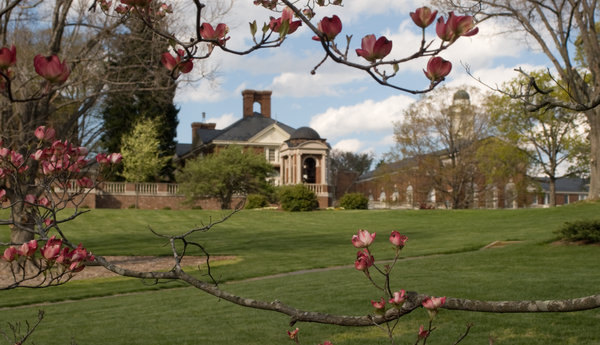Seemingly not content to just ruin K-12 public education, North Carolina Republicans have set their sights on ruining the UNC system. The latest mockery surrounds the presidential search to replace ousted UNC president, Tom Ross. The UNC Board of Governors met last Friday to evaluate the candidacy of Margaret Spellings, former U.S. Secretary of Education under George W. Bush. Legislative leaders and board members complained about the search process leading to mass chaos. The search is only the latest evidence that N.C. Republicans are trying to ruin the UNC system.

For many years, the University of North Carolina remained above the partisan fray. While some Republicans complained over the years about liberal leanings in Chapel Hill or the legislature being too lenient on UNC leaders, the UNC system was not used as a political piñata.




